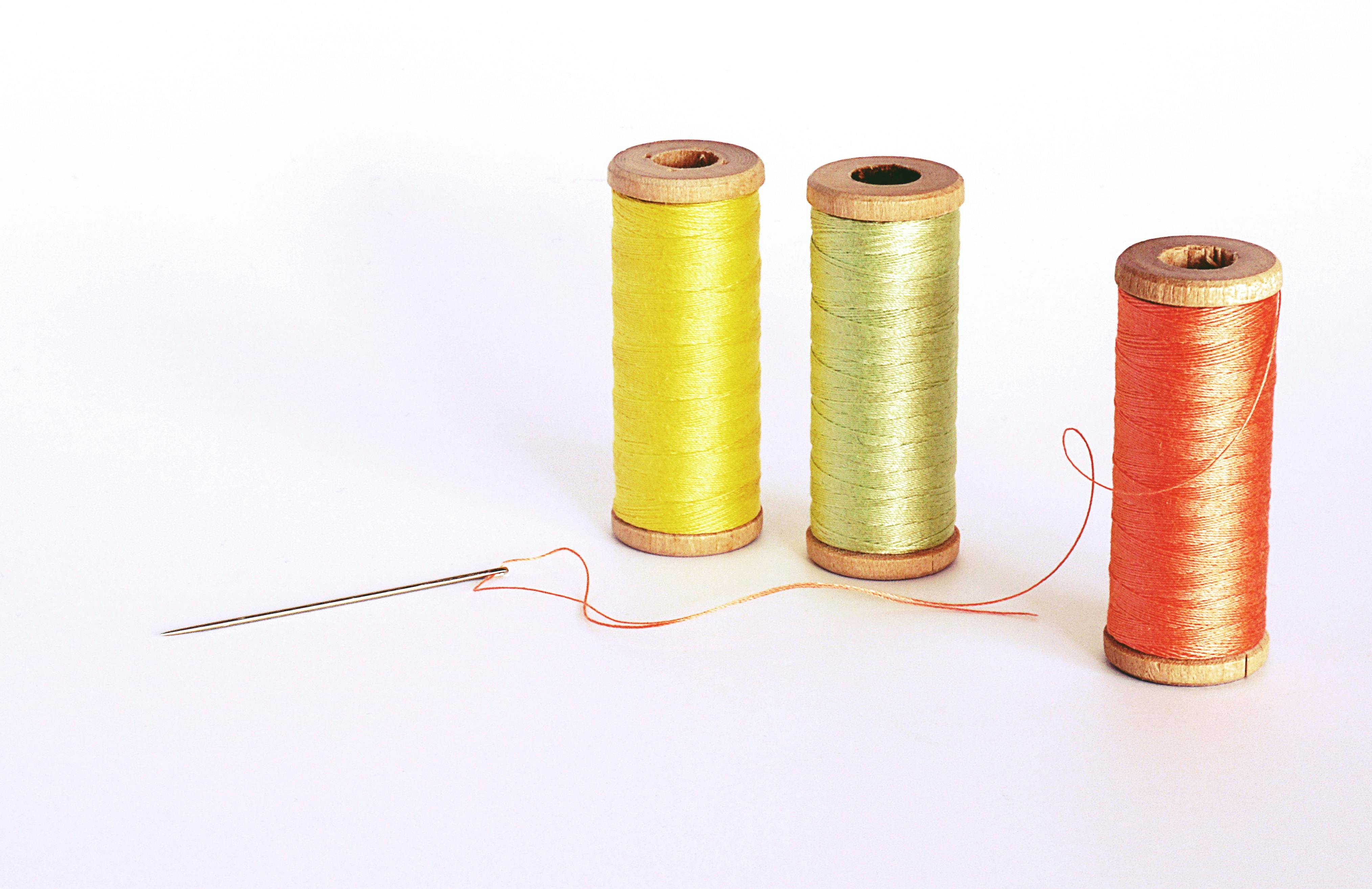
How i made my vertical viola
admin
- 0
This is an article on how I made my upright viola. I first became interested in an upright viola when my hands were giving me trouble playing the viola. My string teacher mentioned something about a viola over 20 inches that was a violin and showed me an image that interested me enough to research the history of the upright viola.
I went online to look up the history of the vertical viola. I found out that the upright viola is also called an alto violin. During the 1960s, an instrument maker named Carlene Hodgins reasoned that a vertically played viola could be enlarged. He concluded that a larger viola will produce a better sound. Based on these principles, he designed a viola approximately two 1/2 inches longer than the normal viola. This new viola was meant to be played vertically like a cello. It also allowed cellists to play an instrument tuned one octave higher than the cello.
The fundamental acoustic principle underlying the violin fiddle is that the resonance of the main body of the wood of the instrument must match the second highest string, and the resonance of the main air cavity, the instrument must match the third highest string. . On a viola, these strings are D and G, respectively. The standard viola is too small to achieve this matching of string frequency with resonant frequency.
After doing some research, I found out that if I want to play an upright viola, I would have two options. You would either have to buy a very expensive instrument, entirely handmade, or you could go with the idea that a cello would be designed roughly the same as a viola, except that it is played an octave lower. With this reasoning I decide to look for a small cello and overcome any adaptation problems.
I started with a 1/8 cello and found that the strings on my viola were too short. I needed to find long enough strings for my new fiddle violin. I found a small company located in Florida that makes strings for the violin octet. They were almost long enough for my new project, but I was about an inch missing. After consulting with a violin company, I found out that I could get a long enough tailpiece hanger for the baby cello.
The next problem I had was realizing that by changing the dynamics, even a little bit, my bridge needed to be remodeled for the new instrument. I discussed this with my luthier and found out that he was willing to build a new bridge for me for this project.
After stretching and moving things around, I was finally able to line everything up. I tipped my first scale on the new upright viola. Using the 1/8 cello version is quite a challenge because it is a bit long for the violin string. However, I found the tone to be much deeper and the quality of the viola was very rich and in perfect pitch.
My next attempt with the Upright Viola was to use a 1/10 cello and I found that it suited the size of the strings better as well as the bridge.
I sold my 1/8 cello upright viola. I still play the 1/10 vertical viola. I have the satisfaction of designing my upright viola and the pleasure of playing all my string instruments.

